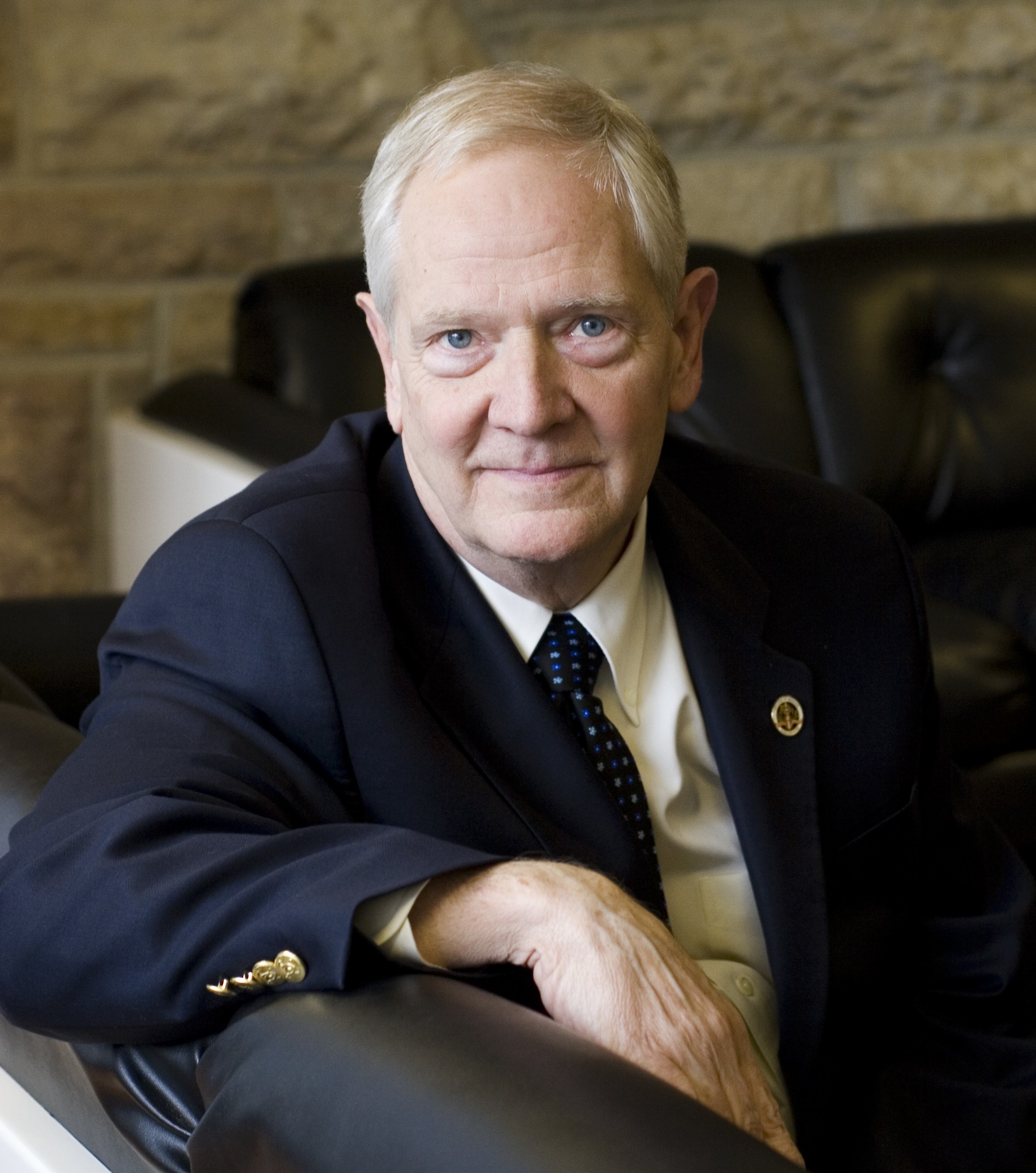Social accountability in medicine
From New Orleans and Alabama where he was educated to Saskatoon where he serves as dean of the College of Medicine, Dr. Bill Albritton has long been an advocate of social accountability in the field of medicine.
By Colleen MacPherson His contributions to family medicine in Saskatchewan were recently recognized by the Saskatchewan College of Family Physicians with the Michael Krochak award.
His contributions to family medicine in Saskatchewan were recently recognized by the Saskatchewan College of Family Physicians with the Michael Krochak award.
"The vision of social accountability is that as medical professionals, we have an obligation to direct education, research and service towards the needs of the community and engage with the community where we reside," said Albritton, who at 69 still runs his general pediatric practice. "In 2001, there was a social accountability document released by Health Canada that spoke to what Canadian medical schools should do. It really resonated with who I am, and I wanted to be a champion of this initiative in the college."
At the time, some faculty did not share this vision and questioned what an American could know about this Canadian ideology, explained Albritton. "I was seen as a root of the problem and had to challenge thinking. So we set up a social accountability committee in the college."
More recently the Future of Medical Education in Canada (FMEC), a project also funded by Health Canada, released a vision for undergraduate medical education in Canadian medical schools. That vision was reflective of the college's purpose during its early beginnings, explained Albritton, "but the mission got lost over time, not just here, but all across Canada. The vision acted as a trigger, reminding us that we are integral in providing primary care and services to the province and our communities."
At the heart of the vision is a call for a resurgence in general specialty practice and family medicine rather than super-specialization, at least for the undergraduate medical experience.
"If all doctors made the same amount, I think there would be more general physicians than specialists," said Albritton. "I know that. But the compensation system puts more value on specialists. When society says you are more valuable based on earning, it is natural to gravitate to specialties. You have to love what you do or else you get burnt out. If you are a specialized medical school, often the students' altruism and desire to pursue generalist practice is beaten out of them. With more support, students have more interest in general practice and family medicine and our retention rates are higher in those."
As the college has worked to refocus on social accountability, there were a few programs implemented of which Albritton is especially proud: SWITCH, a student-run health clinic in Saskatoon's core neighbourhoods; and Making the Links, a program that offers hands-on experience in Saskatchewan communities, like Ile-a La-Crosse, Dillon and Pinehouse, and internationally as far away as Mozambique. Because of these initiatives, the college can now offer students the chance to earn a certificate in global health, the only of its kind in Canada.
"We have made very good progress towards the vision of social accountability. With the implementation of the college's third integrated plan we will go even further toward achieving this goal."

